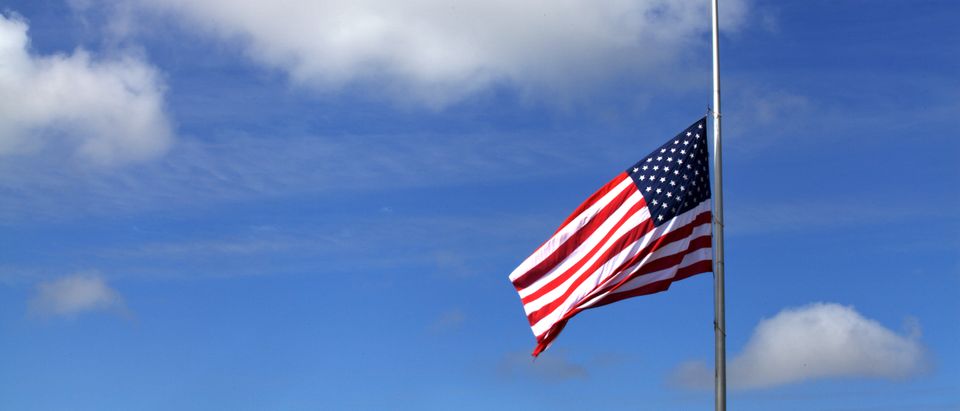As we struggle with the Parkland tragedy, we must remain focused and methodical to determine the causation. Just like any of life’s events, a school shooting may be the result of a chain of multiple causes. Identifying which is the most prominent – with a practical solution – is critical to future deterrence. Surely, one cause was the ability of a gunman to fire multiple rounds with minimal technical ease. Contributing causes included the sheer number of unarmed victims and the cowardice of several responders.
Gun control, including raising the age of purchasing a rifle, and demanding teachers form scholastic militias will all ultimately fail us.
America will never be disarmed from a practical standpoint. The reason is simple: a determined gunman will obtain a firearm from other sources. Some estimates put approximately 300 million firearms in the United States – one per citizen.
Even assuming a future, armed teacher is braver than the first responding deputies in the Parkland tragedy, by the time they would engage a gunman, students would already dead.
To get to the heart of the reoccurring tragedies, we must understand the reoccurring theme. In most cases, the shootings involve a dejected male who arguably falls between what was once a stronger social safety net of extended families and neighbors. These malcontents, seething with a history of perceived slights and wrongly dealt hands in their minds, likely feel both marginalized and victims of circumstance. In their minds, they are ignored and drifting into obscurity.
To put it bluntly, they are losers.
In our society that regrettably values insta-celebrity, notoriety, and glorification, these shooters then attempt to do what their own pitiful existence never offered them – to be seen and heard. They know their identity, motivations, pain, and slights will be explored and dissected if they go on a shooting spree. Their faces will be plastered throughout the nation. To them, it is a form of emoting and receiving a benefit in return – a benefit the media, objectively, bestows upon them. The shooters know if they shoot, they cannot be ignored. And each shooting, every year, the media indulges their desires.
Experts who study mass shooter profiles agree. “Revulsion or notoriety is preferable from their point of view from anonymous and insignificant,” said Katherine Newman, a sociologist at Johns Hopkins University who has studied high-school and university shootings. A recently study titled “Mass Shootings and the Media Contagion Effect” finds that the “cult of celebrity” surrounding mass shooting is empirically linked to the increasing number of shooters.
To cease the shootings we must gut the motivation. One way to do that is to actively redact the identity of future school shooters.
What utility is it for society to know the name of the mass shooter or their motivations? None, whatsoever. What does it mean for the shooter? Everything. On the other hand, what utility exists for the shooter’s name to never cross our lips? Quite a bit, potentially, when it comes to deterrence.
We certainly know that the media is capable of stepping up to the plate and doing the right thing to discourage bad behavior. They routinely turn the cameras and black out coverage when fans run onto a football field. How is discouraging bad behavior for football games acceptable but not when it comes to the safety of our children?
The media also routinely engages in censoring the identities of accusers prior to a trial, such as cases related to minors or sexual assault, even though there is no legal compulsion to do so. On the other hand, and unlike in many other civilized countries, American media proactively publishes those accused of crimes even though they haven’t had their day in court.
The media is therefore capable of cherry-picking which identities to publish, but are they likewise willing to institute those policies to further a social good? And are we willing to pick up the phone and to insist upon the same?
If would-be shooters know that they would receive no benefit from a massacre, what would their motivation be to plan the shooting, acquire the gun, and to carry it out? Would it at least discourage some shootings? Of course it would. Would new media practices at least be worth attempting with other measures? Unquestionably.
Sometimes the best solution involves no use of taxpayer funds or any infringement, perceived or otherwise, upon Constitutionally-protected rights. It may just involve certain people no longer going about business as usual.
Beau Correll was a national delegate to the 2016 Republican National Convention and was twice-elected unit chairman of his local Republican committee. He practices law in Winchester, Virginia. You can follow him on Twitter at @beaucorrell.
The views and opinions expressed in this commentary are those of the author and do not reflect the official position of The Daily Caller.


